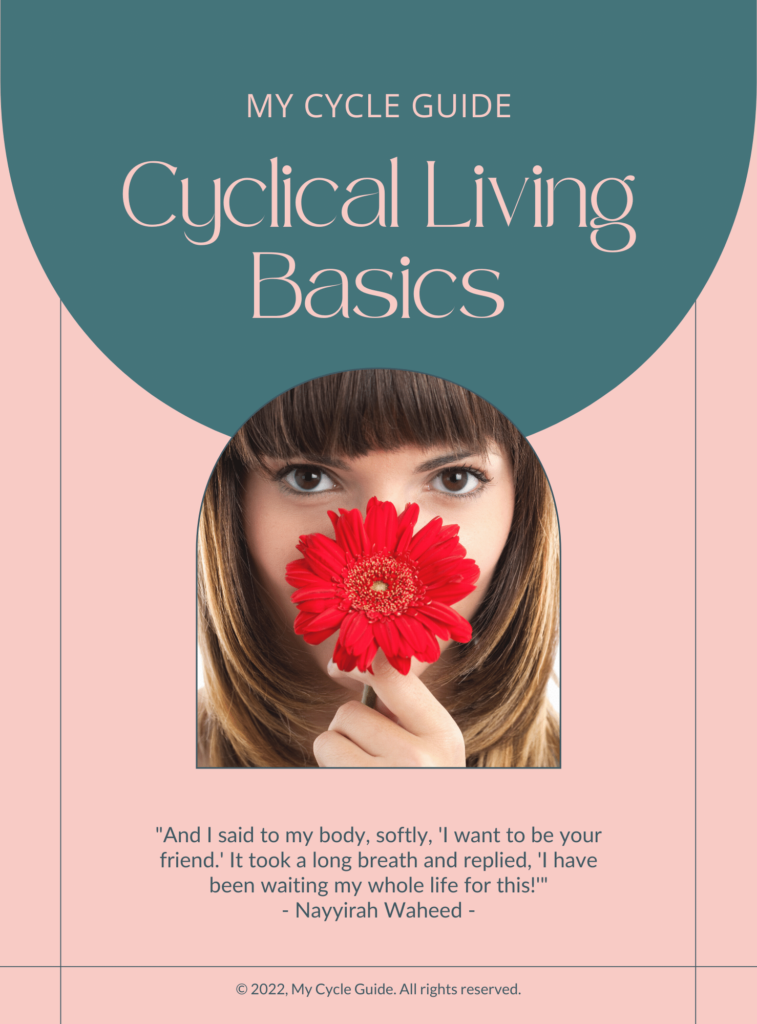What is Perimenopause?
Perimenopause is a natural phase in a woman’s reproductive life that signals the transition towards menopause. During this period, the body begins to produce less estrogen and the ovaries gradually stop releasing eggs, leading to changes in the menstrual cycle and the onset of menopause-related symptoms.
Why Should You Understand Perimenopause?
Understanding perimenopause is important for many reasons. For one, it is a phase that every woman experiences, yet the symptoms and experiences can be vastly different from woman to woman. Recognizing the signs of perimenopause can help you make informed decisions about lifestyle adjustments, symptom management, and reproductive choices.
When Does Perimenopause Happen?
Perimenopause typically starts in a woman’s late 40s but can occur as early as the mid-30s or as late as the early 50s. The timing varies significantly among individuals due to factors such as genetics, lifestyle, and overall health. It’s a period that lasts until menopause, the point when the ovaries stop releasing eggs. On average, perimenopause lasts about four years, but it can be shorter or longer depending on the individual.
Perimenopause and Your Menstrual Cycle
During perimenopause, your menstrual cycle may become irregular due to fluctuating hormone levels. Your periods may be longer or shorter, heavier or lighter, and with more or less time in between.
Symptoms and Changes During Perimenopause
Perimenopause symptoms can include:
- Irregular periods
- Hot flashes
- Sleep problems
- Mood changes
- Vaginal dryness
- Loss of libido
How Hormones Change During Perimenopause
In perimenopause, estrogen levels fluctuate and generally decrease, leading to various physical changes and symptoms.
Managing Perimenopause Symptoms
Managing perimenopause symptoms may involve lifestyle changes, like maintaining a healthy diet and regular exercise, and sometimes hormonal therapies or other treatments recommended by your healthcare provider.
How can Perimenopause impact Emotional and Mental Health?
The physical changes of perimenopause can impact emotional and mental health. Hormonal fluctuations can cause mood swings, anxiety, and depression. Furthermore, the transition into this phase of life can cause stress and have a significant impact on a woman’s self-image and feeling of femininity.
Frequently Asked Questions About Perimenopause
Here, we’ll tackle some of the commonly asked questions about perimenopause:
- How long does perimenopause last? The length of perimenopause varies greatly among women. On average, it lasts about four years but can be as short as a few months or extend over a decade.
- What is the difference between perimenopause and menopause? Perimenopause is the transition period leading up to menopause, characterized by changing hormone levels and irregular periods. Menopause is defined by the absence of a menstrual period for 12 consecutive months.
- Can you get pregnant during perimenopause? Yes, you can still get pregnant during perimenopause. Although fertility decreases during this time, ovulation can still occur. Therefore, if you don’t want to become pregnant, continue using contraception.
Learn About Hormones and Your Cycle
To understand more about hormones and their connection with your menstrual cycle, and how to track your cycle and manage related issues, refer to our Free Workbook – Guide to Tracking Your Menstrual Cycle and accompanying Cyclical Living Basics eBook.
